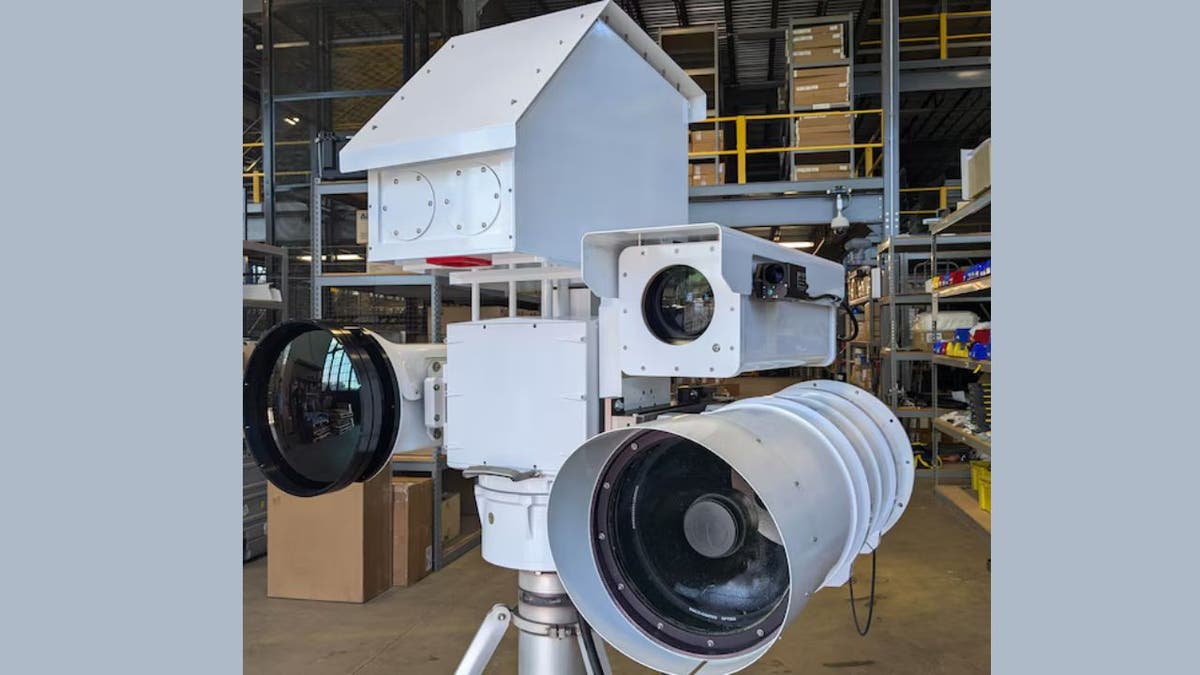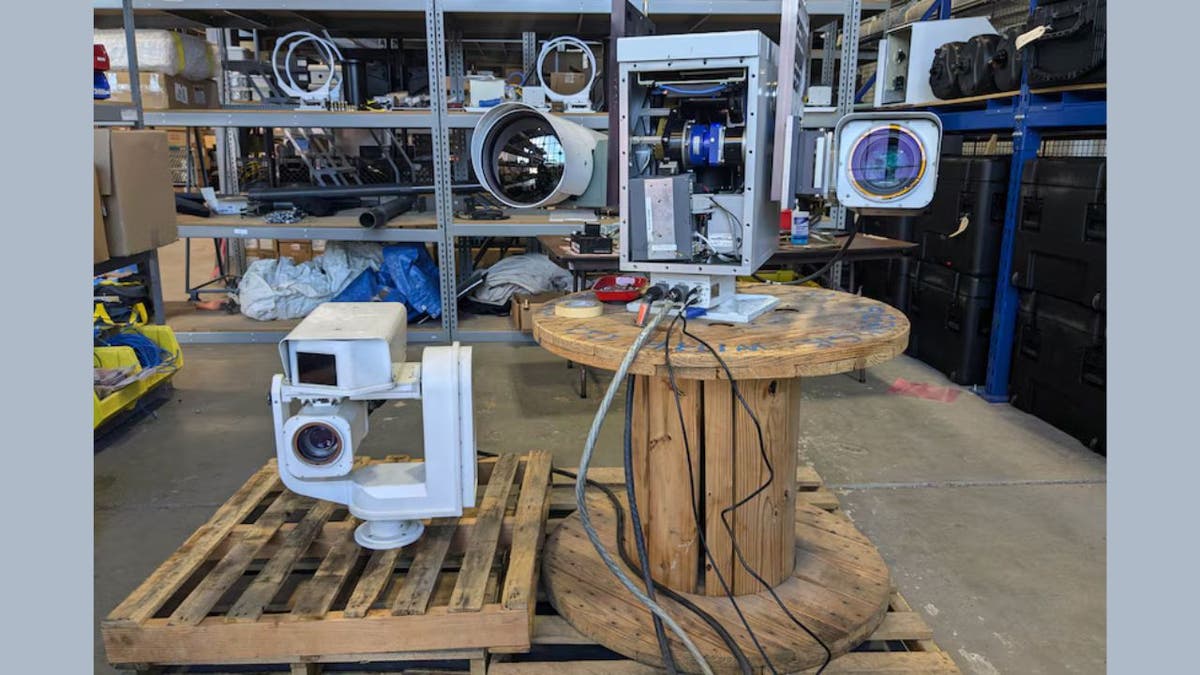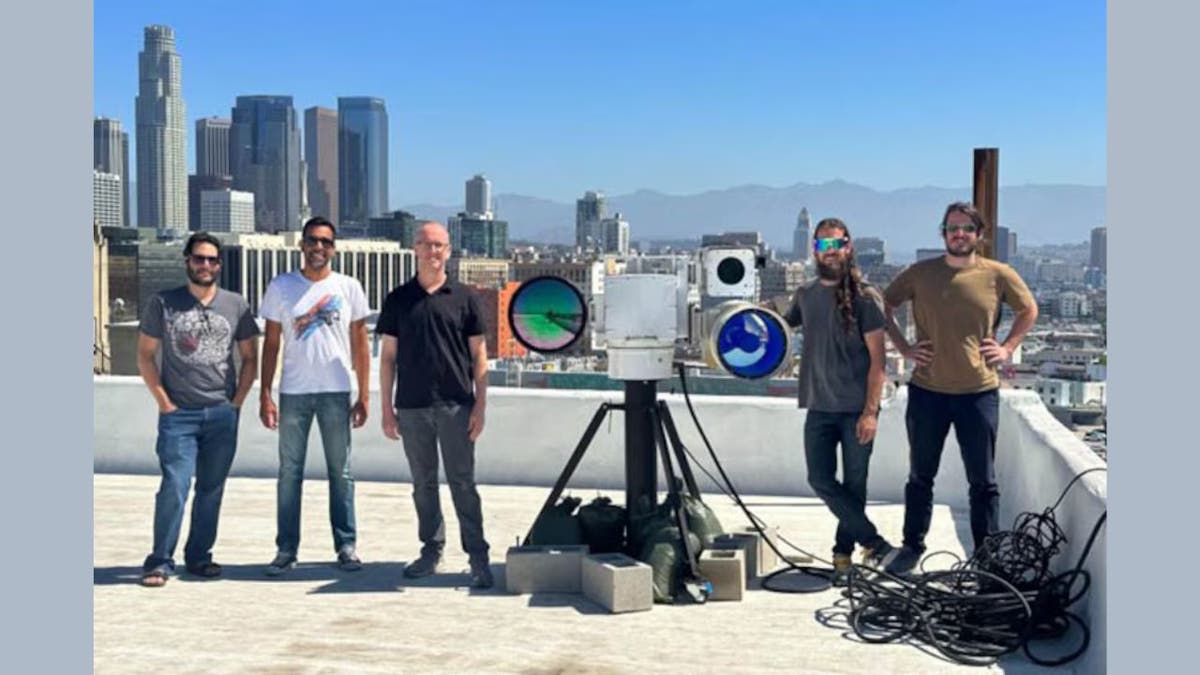AI cameras are giving DC’s air defense a major upgrade
After 9/11, Washington, D.C.’s airspace got a significant security boost.
Now, over two decades later, this system is getting a cutting-edge makeover.
The National Capital Region (NCR) is rolling out an advanced artificial intelligence-based visual recognition system that’s taking air defense to a whole new level.

GET SECURITY ALERTS, EXPERT TIPS — SIGN UP FOR KURT’S NEWSLETTER — THE CYBERGUY REPORT HERE

Advanced artificial intelligence-based visual recognition system. (Katie Lange/DOD)
The new eyes in the sky
The Enhanced Regional Situational Awareness (ERSA) system represents a dramatic upgrade from previous security technologies. These new cameras are giving air defense operators unprecedented capabilities in monitoring and protecting critical airspace. They come with some seriously cool features that take air defense to the next level.
WHAT IS ARTIFICIAL INTELLIGENCE (AI)?
The cameras boast infrared vision with RGB filters for heat signature detection, allowing operators to spot targets even in low visibility conditions. A laser range finder provides accurate distance and altitude measurements, enhancing the system’s precision. Machine learning elements enable enhanced auto-tracking capabilities, making it easier to follow objects of interest. Additionally, a visual warning system is in place to alert non-compliant aircraft, using red and green lasers to illuminate cockpits and prompt immediate action from pilots.

Advanced artificial intelligence-based visual recognition system. (Katie Lange/DOD)
SAN FRANCISCO ROLLS OUT AI-POWERED CAMERAS TO COMBAT CRIME
The brains behind the operation
The Eastern Air Defense Sector (EADS) in Rome, New York, works in close coordination with the Joint Air Defense Operations Center (JADOC) at Joint Base Anacostia-Bolling to manage the ERSA system. This integrated approach ensures comprehensive surveillance and rapid response to potential threats. Air Force Master Sgt. Kendrick Wilburn, a capabilities and requirements officer at JADOC, explains that the system allows for more precise radar data validation. When uncertain radar data is detected, operators can use the cameras as an additional resource to confirm and assess the situation. This collaborative effort between EADS and JADOC enables swift decision-making and effective threat mitigation.

Teleidoscope team with upgraded electro-optical/infrared cameras in 2021. (Defense Innovation Unit)

360° THROWABLE TACTICAL CAMERAS ARE CHANGING THE GAME FOR THE MILITARY AND LAW ENFORCEMENT
Technological innovation
The ERSA system, developed by Teleidoscope, underwent rigorous testing in 2022, with air defense operators evaluating prototypes from three companies. Teleidoscope’s cameras stood out due to their advanced software enhancements and significant improvements over existing systems. The Defense Innovation Unit played a crucial role in securing funding through the Air Force’s Accelerate the Procurement and Fielding of Innovative Technologies (APFIT) program, demonstrating a commitment to rapidly deploying cutting-edge defense technology. Marine Corps Maj. Nicholas Ksiazek of the Defense Innovation Unit likened the upgrade to “the technological leap we saw between a 2011 iPhone and a current one,” highlighting the substantial advancements in capability. Currently, two operational cameras have been installed, with plans to add seven more annually, ensuring continuous improvement of the NCR’s air defense capabilities.
SUBSCRIBE TO KURT’S YOUTUBE CHANNEL FOR QUICK VIDEO TIPS ON HOW TO WORK ALL OF YOUR TECH DEVICES
Kurt’s key takeaways
The rollout of the ERSA system marks a significant step forward in air defense for the National Capital Region. With AI-powered cameras that enhance detection and tracking capabilities, operators are equipped to respond to potential threats more effectively than ever before. This integration of advanced technology and skilled personnel underscores our commitment to national security, ensuring that Washington, D.C.’s airspace remains safe and secure as we move into the future.
What are your thoughts on expanding advanced air defense technologies like the ERSA system to other major cities across the country—do you believe they would enhance national security, or are there potential drawbacks to consider? Let us know by writing us at Cyberguy.com/Contact


